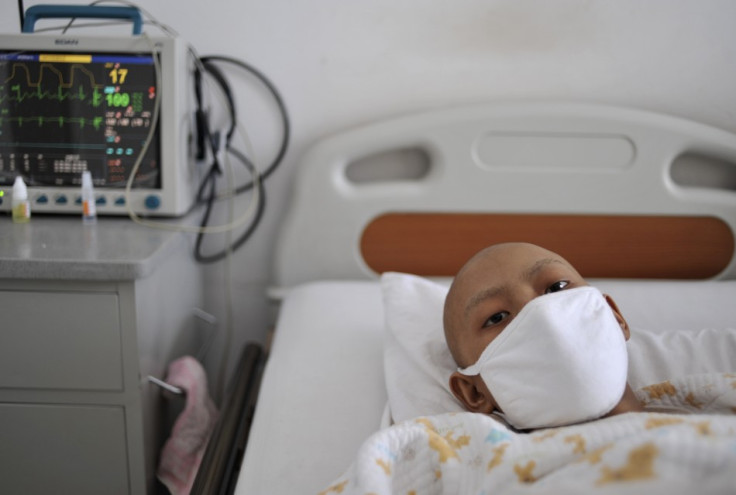1.3 Million EU People Face Cancer Death

Up to 1.3 million people will die of cancer in the European Union in 2012, but the death rate of people who die from the disease continues to decline, according to researchers from the University of Milan and Lausanne University in Switzerland.
The study dwelt on all types of cancer in several countries such as France, Germany, Italy, Poland, Spain, the UK and the whole of the European Union (EU) and they found that more men are likely to die from cancer compared to women. According to the study, overall cancer death rates in the European Union will be 139 per 100,000 men and 85 per 100,000 women in 2012, which is quite lower compared with confirmed deaths in 2007.
Data also clearly shows that the number of deaths from breast cancer has substantially declined. "The fact that there will be substantial falls in deaths from breast cancer, not only in middle age, but also in the young, indicates that important advances in treatment and management are playing a major role," Carlo La Vecchia, a professor at Milan University, told Reuters.
Researchers also discovered that deaths from lung cancer continue to increase among women in the whole of the European Union, with an overall rate of 13.44 per 100,000. However, they found that deaths from lung cancer in men have declined by 10 per cent. Researchers believe that death rates will be highest in Poland at 56.8 per 100,000 and lowest in the UK at 30.1 per 100,000 men, according to the Science Codex.
They also found that pancreatic cancer is rising among both men and women in the European Union and the study predicts the incidence to rise from 7.86 per 100,000 men in 2007 to 8.01 in 2012 and from 5.24 per 100,000 women in 2007 to 5.38 in 2012.
"The actual numbers of deaths are slightly higher than those recorded for 2007 because a greater number of people are living into old age in the EU. The age-adjusted cancer mortality rates show a clear decrease in rates for both men and women over the past five years," Fabio Levi, professor from the University of Lausanne told Science Codex.
"Apart from lung cancer in women and pancreatic cancer, the fall in mortality rates from six major cancers in six major European countries and in the EU as a whole essentially reflects the decline in tobacco smoking in men, and the continuing progress in cancer prevention, early detection and treatment," he said.
© Copyright IBTimes 2025. All rights reserved.





















